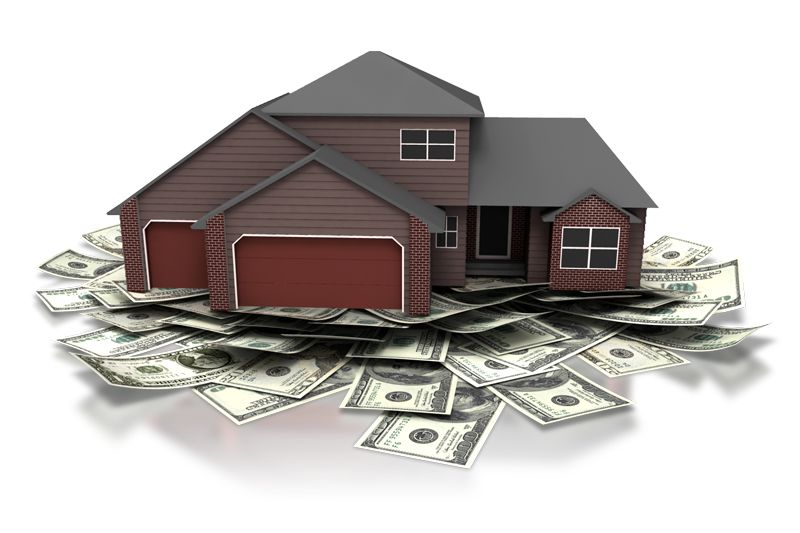By Jason Alderman
Over the last decade, reverse mortgages have been marketed as an easy way for seniors to cash in their home equity to pay for living expenses. However, many have learned that improper use of the product – such as pulling all their cash out at one time to pay bills – has led to significant financial problems later, including foreclosure.
In actuality, there are some cases where reverse mortgages can be helpful to borrowers. However, it is imperative to do extensive research on these products before you sign.
Reverse mortgages are special kinds of home loans that let borrowers convert some of their home equity into cash. They come in three varieties: single-purpose reverse mortgages, Home Equity Conversion Mortgages (HECMs) and proprietary reverse mortgages.
Who can apply? Homeowners can apply for a reverse mortgage if they are at least 62 years old, own their home outright or have a low mortgage balance that can be paid off with the proceeds of the reverse loan. Qualifying homeowners also must have no delinquent federal debt, the financial resources to pay for upkeep, taxes and insurance and live in the home during the life of the loan.
Consider the following pros and cons as a starting point for trying or bypassing this loan choice. Even though HECM loans require a discussion with a loan counselor, you should bring in your own financial, tax or estate advisor to help you decide whether you have a safe and appropriate use for this product.
Pros of reverse mortgages:
- They’re a source of cash. Borrowers can select that the amount of the loan be payable in a lump sum or regular payments.
- Proceeds are generally tax-free. Final tax treatment may rely on a variety of personal factors, so check with a tax professional.
- Generally, they don’t impact Social Security or Medicare payments. Again, important to check personal circumstances.
You won’t owe more than the home is worth. Most reverse mortgages have a “nonrecourse” clause, which prevents you or your estate from owing more than the value of your home when the loan becomes due and the home is sold.
Reverse mortgages may be a smarter borrowing option for some downsizing seniors. With proper advice, some borrowers use them to buy new homes.
Cons of reverse mortgages:
- You may outlive your equity. Reverse mortgages are viewed as a “last-resort” loan option and certainly not a singular solution to spending problems.
- You and your heirs won’t get to keep your house unless you repay the loan. If your children hope to inherit your home outright, try to find some other funding solution (family loans, other conventional loan products) first.
- Fees can be more expensive than conventional loans. Reverse mortgage lenders typically charge an origination fee and higher closing costs than conventional loans. This adds up to several percentage points of your home’s value.
- Many reverse mortgages are adjustable rate products. Adjustable rates affect the cost of the loan over time.





